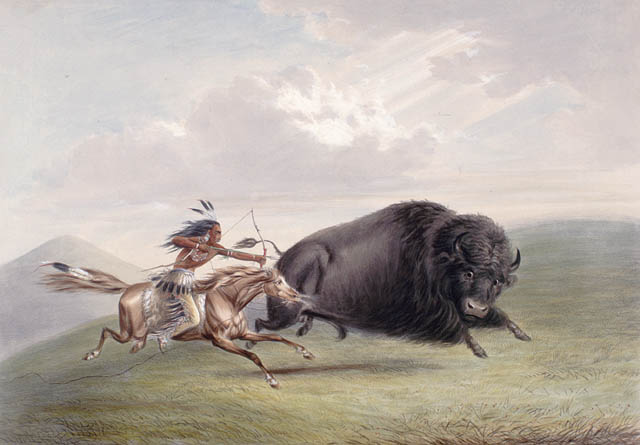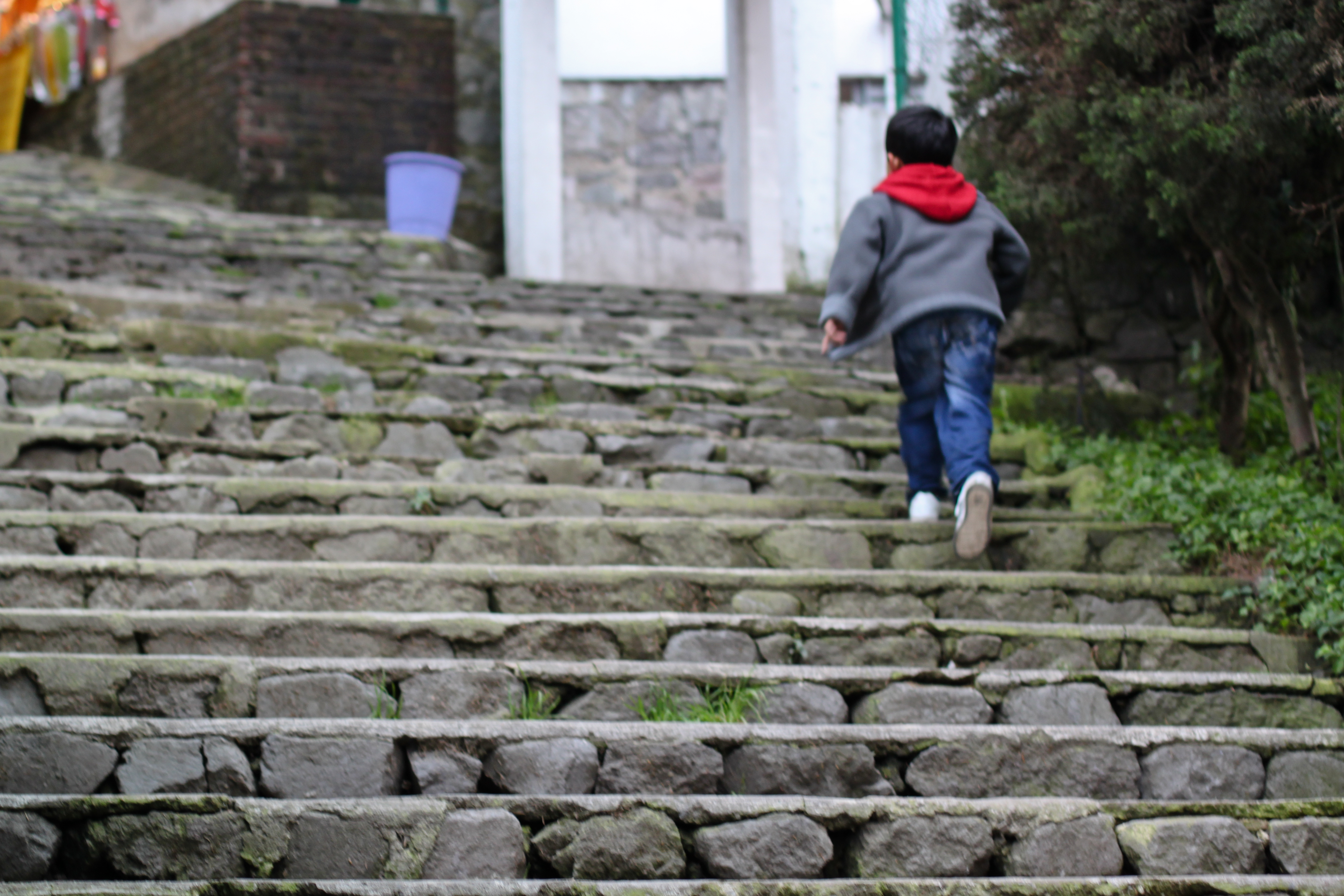Native Foods and the Colonial Gaze

Just as the field of food history has achieved prominence in recent years it is true to say the same of popular interest in Native foods. Around the country, Native heirloom crops frequently show up at farmers’ markets. Interested consumers can even purchase produce in the form of a monthly TSA (“Tribally Supported Agriculture”) share. Gardeners across the world can order seeds to grow Ute squash or Cherokee “Trail of Tears” pole beans to plant in their backyards. In southern Arizona, O’odham farmers are raising tepary beans, sixty-day corn, and harvesting ciollim buds, all of which you can purchase online. Almost any grocer in the United States, from the grungiest co-op to the swankiest supermarket, stocks their shelves with ancient…

